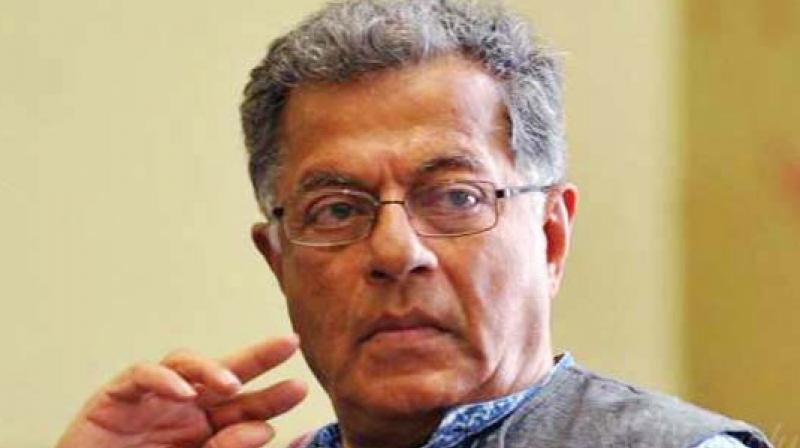Farewell to a colossus

In Girish Karnad’s passing, the world of theatre and cinema has lost a colossus, who till he breathed his last on Monday, dominated the scene with his sheer presence and mastery over the medium. Conferred the Jnanpith Award, the nation’s highest literary prize, in 1999, as well as the Padma Shri and Padma Bhushan, he was a man of multiple talents. A brilliant actor, writer and playwright, he was also an iconoclast, a man who lived by his beliefs, with a foot in the contemporary idiom of his oeuvre while rooted in the mythological and historical.
Karnad’s 13-act play Tughlaq, that he wrote in 1964, exploded into the emerging theatre scene of that era, to become one of the country’s best known plays. He would go on to write Hayavadana and Nagamandala; and his first work, Yayati in 1961, was written while he was a student at Oxford. One of the foremost playwrights in Kannada, the Dharwad native sealed his own place in history for his searing indictment of religious fundamentalism and communalism in rural settings. His close association with his mentor, poet A.K. Ramanujam, would influence his own evolution, emerging as a tour de force in his own right.
His moving performances in the new-age Hindi cinema of Shyam Benegal, in Utsav and Nishant, launched Karnad on the national stage, as did his roles in commercial cinema, in Tamil, Kannada and Hindi. His latest foray in Salman Khan’s Tiger Zinda Hai, where he faced the cameras despite poor health, his vocal support to causes like slain journalist Gauri Lankesh even at the age of 81, demonstrated his commitment to both the medium and the message.
Girish Karnad was a man who stood up for what he believed in. There will be none other like him.

